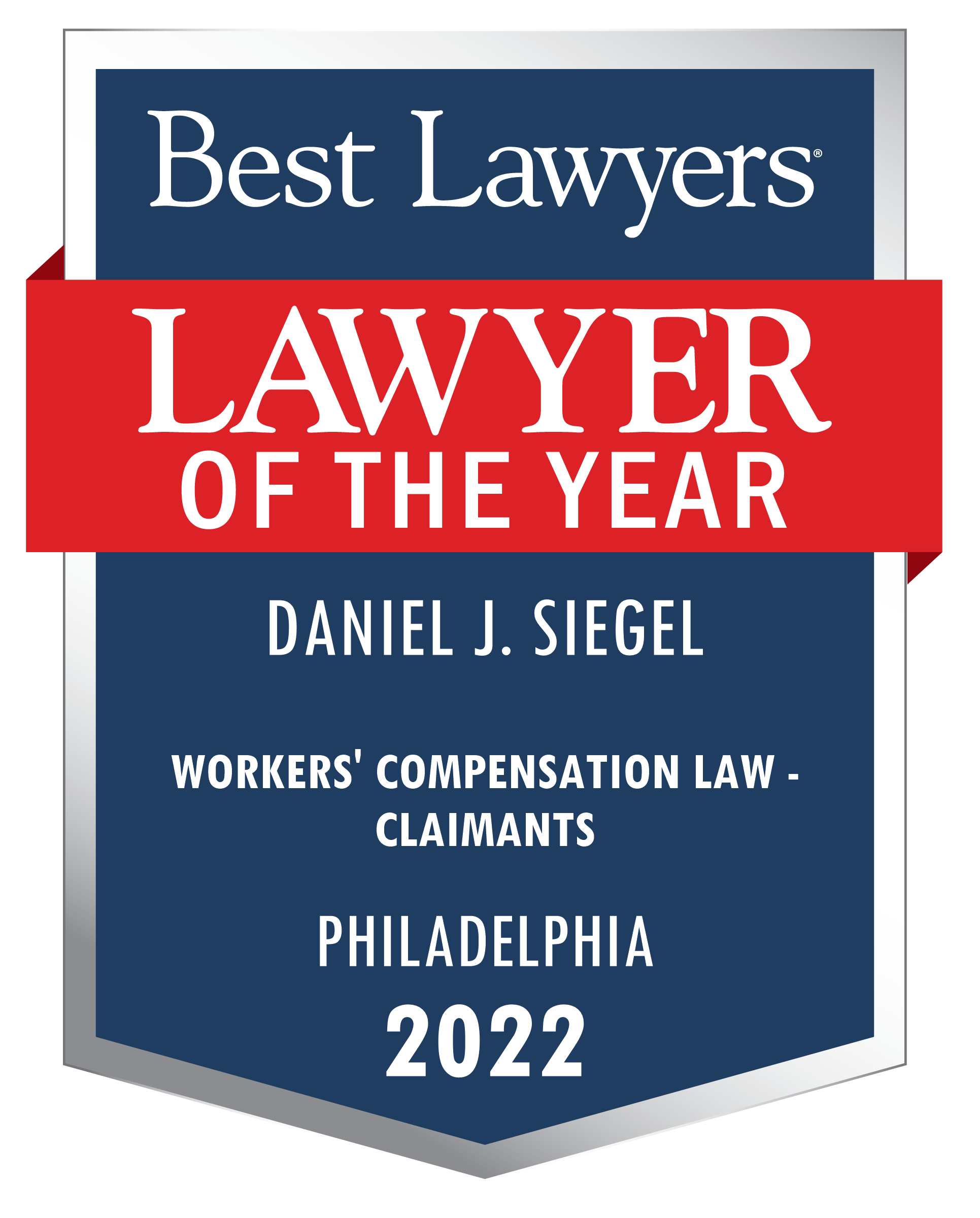Honesty is the Best Policy, but Corporations Still Lie
The year 2020 will forever be associated with the global public health crisis caused by a deadly virus, commonly referred to as COVID-19. Millions of people suffered and continue to suffer. Yet, Smithfield Foods, a multinational meatpacking company, prospered. Unfortunately, the company’s questionable conduct isn’t unusual. We have seen many clients find themselves in similar situations over the years.
On June 21, 2021, Public Justice, representing Food & Water Watch (a national non-profit and public interest organization), filed a lawsuit alleging Smithfield Foods repeatedly lied to consumers when they said that a meat shortage was imminent and produced false messaging and advertisements that misrepresented its workplace safety. Smithfield Foods is already slated to pay $83 million to settle price-gouging claims filed by the company’s direct purchasers.
Smithfield Foods is not a small-scale, mom-and-pop operation that was trying to stay afloat during the pandemic. Instead, Smithfield controls approximately 26% of the United States pork processing market and is the largest pork-processor in the world. In 2018 alone, Smithfield generated over $15 billion in sales. In 2020, the consumer demand for pork surged while Smithfield exported products overseas for profit. This is not a coincidence. Consumers feared meat shortages and likely trusted and relied on the messaging Smithfield put out. However, U.S. Department of Agriculture data and interviews with industry analysts revealed Americans were never at risk of a severe meat shortage.
At the heart of it all, the workers at Smithfield suffered. They were subjected to crowded indoor workspaces, they could not access protective masks immediately, and even when they did, the masks provided to them were flimsy and insufficient. Additionally, employees lost attendance “points” even when their absence was related to COVID-19. In April 2020, as COVID-19 cases skyrocketed, Smithfield offered a $500 “responsibility bonus” for workers who completed all their shifts through the end of the month.
The Centers for Disease Control and Prevention (CDC) specifically stated in a report that “the crowded conditions for workers in meat and poultry processing facilities could result in high risk.” Smithfield did not modify its production line or introduce social distancing on its production line. Rather, it maintained a pre-pandemic business operation.
Now, Food & Water Watch is holding Smithfield Foods accountable. This lawsuit is a reminder to consumers and workers that corporations are capable of deceit, and in this instance, the deceit was at the expense of workers’ lives.
Our firm has worked hard to protect the interests of the many workers we have represented, even in the face of this type of alleged conduct. If you need an attorney who will fight for your rights, send us an email or give us a call at (610) 446-3457.







